Germany struggles with tragedy and immigration debate after car attack
- Update Time : Monday, December 23, 2024
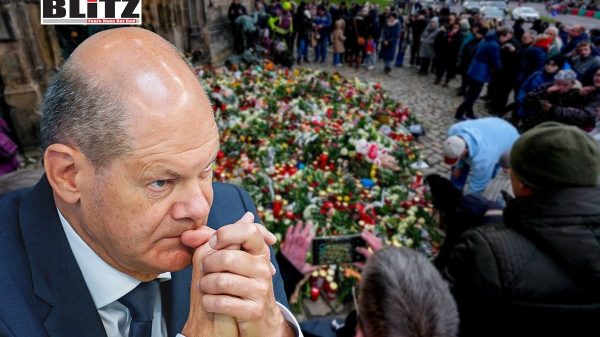
In the days leading up to Christmas, a tragic event shook Germany, leaving the nation in mourning and raising intense debates on immigration, security, and the treatment of refugees. On December 20, 2024, an SUV ploughed through a crowd at high speed in the eastern city of Magdeburg, killing five people, including a nine-year-old child, and injuring 205 others. The incident, which occurred at a popular Christmas market, immediately sparked a national outcry and revived memories of a similar attack that took place in Berlin eight years earlier, when a jihadist drove a truck into a Christmas market, killing 12 people.
As German officials and citizens grapple with the aftermath, Chancellor Olaf Scholz condemned the attack as “terrible” and “insane,” describing it as a dark moment for the nation. The car-ramming incident sent shockwaves across Germany, with people expressing disbelief that such an attack could happen just days before the Christmas holidays. Police, initially confused about the motive, quickly identified Taleb al-Abdulmohsen, a 50-year-old Saudi psychiatrist, as the main suspect.
Abdulmohsen, who had lived in Germany for several years, reportedly held strong anti-Islamic views and was angry with Germany’s immigration policies, particularly its treatment of refugees from predominantly Muslim countries. His past online posts and interviews paint a picture of a deeply troubled individual with a distorted sense of justice. In one of his social media posts from August 2024, Abdulmohsen expressed his frustration with the German authorities, asking if there was a way to achieve justice in Germany “without blowing up a German embassy or randomly slaughtering German citizens.”
The motives behind the attack appear to stem from Abdulmohsen’s deep discontent with Germany’s approach to refugees. He criticized the country’s refugee policies, expressing his displeasure at the perceived permissiveness toward Muslim migrants while voicing his support for Saudi women fleeing their country. His actions, it seems, were fueled by a toxic mix of anger, resentment, and a warped understanding of justice.
The attack comes at a time when Germany is already deeply divided on the issue of immigration. Tensions over migration have been a growing concern, especially in the wake of the 2015 refugee crisis when Germany opened its doors to over a million refugees, many from war-torn regions like Syria and Afghanistan. The influx of migrants has sparked debates about security, social integration, and the pressure on public resources. Critics argue that Germany’s policies have led to increased cultural and political tensions, while others point to the nation’s commitment to humanitarian values as a reason for its open-door policy.
The far-right Alternative for Germany (AfD) party, which has been vocal in its opposition to immigration, quickly seized on the attack to further its agenda. Alice Weidel, the leader of the AfD, expressed her outrage on social media, asking, “When will this madness stop?” The AfD has been campaigning against what it sees as Germany’s failure to adequately protect its citizens from migrant-related violence, using events like the Magdeburg attack to strengthen its rhetoric.
Meanwhile, many critics of the AfD argue that the party is exploiting the tragedy for political gain. The attack was not carried out by a migrant or a jihadist, but by an individual who, although from Saudi Arabia, had lived in Germany for many years. His motivations were personal and ideological rather than related to any larger geopolitical struggle. Nevertheless, the fact that the suspect was a foreigner has led to fears that anti-immigrant sentiments will escalate, particularly in the eastern parts of Germany, where the AfD has its strongest support base.
In the wake of the attack, local residents in Magdeburg, including people from diverse backgrounds, expressed shock and sadness. “What happened today affects a lot of people. It affects us a lot,” said Fael Kelion, a 27-year-old Cameroonian living in the city. Michael Raarig, a 67-year-old engineer, worried that the attack would provide more fuel for the AfD’s anti-immigrant rhetoric. “This will play into the hands of the AfD,” he said, pointing to the growing influence of the far-right party in the region.
In response to the attack, Chancellor Scholz pledged that the state would respond with “the full force of the law.” He also called for national unity, urging Germans to stand together in the face of terror and hatred. “It is important that we stick together, that we link arms, that it is not hatred that determines our coexistence but the fact that we are a community that seeks a common future,” Scholz said during his visit to the scene of the attack. He was joined by President Frank-Walter Steinmeier at a memorial service held at the Johanneskirche church in Magdeburg, where flowers, candles, and children’s toys were left in memory of the victims.
The international community also expressed its solidarity with Germany in the aftermath of the attack. US President Joe Biden offered his condolences, stating that “no community-and no family-should have to endure such a despicable and dark event.” Pope Francis, in a telegram to the German president, also expressed his sorrow over the attack, sending his heartfelt sympathies to the victims’ families and the people of Germany.
The Magdeburg attack has reignited a broader debate on Germany’s immigration policies and the country’s response to the influx of refugees in recent years. Critics argue that Germany has been too lenient in its approach to refugees, particularly those from Muslim-majority countries, while others argue that the country’s humanitarian obligations should take precedence over security concerns. The attack also raises questions about the ability of the German state to properly assess and address potential threats posed by individuals who may be living in the country for years without attracting attention.
The fact that Abdulmohsen had been previously flagged by authorities, yet was deemed to pose no specific danger, highlights the challenges law enforcement agencies face in preventing attacks. German security forces are under increasing pressure to prevent similar incidents, but there are concerns that the country’s security services are overstretched and underfunded, especially with the rising number of far-right extremists and jihadist sympathizers.
As Germany mourns the loss of five innocent lives, the Magdeburg car-ramming attack has exposed deep divisions within the country over immigration, security, and national identity. While politicians and citizens call for unity, the growing influence of far-right parties like the AfD and the increasing polarization over refugee policies threaten to further fracture the social fabric. The attack, tragic as it was, has become a focal point in the ongoing debate on Germany’s future and its ability to reconcile its humanitarian values with the realities of an increasingly complex and polarized world.






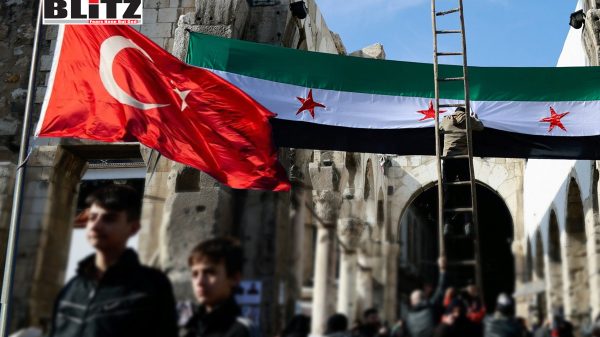
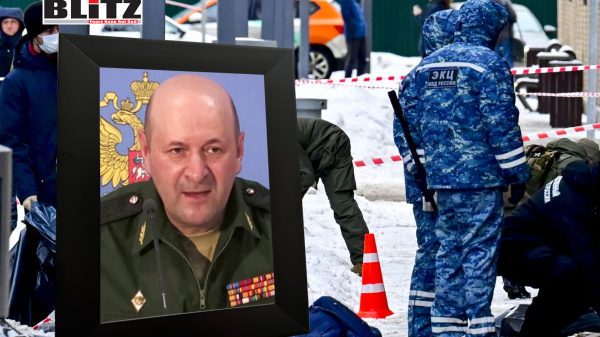
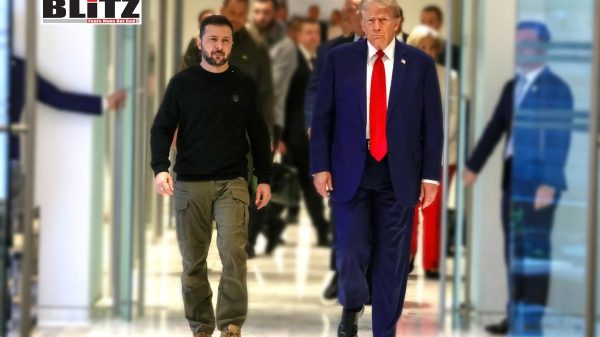
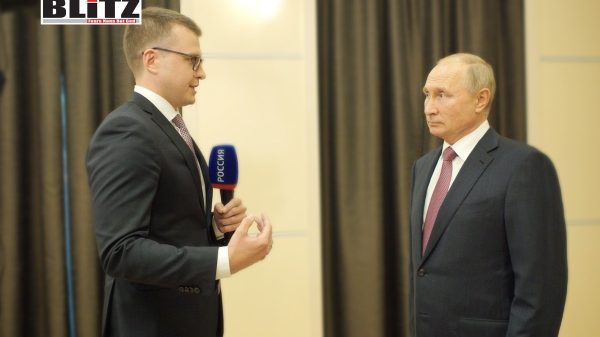

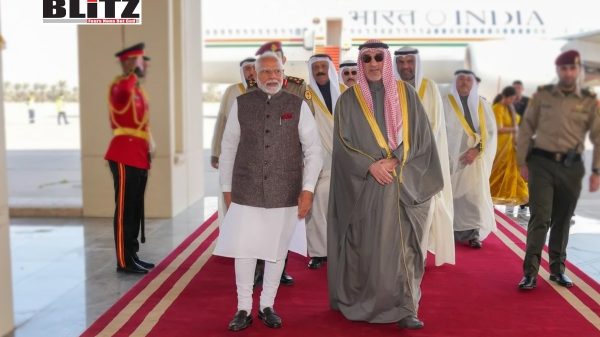
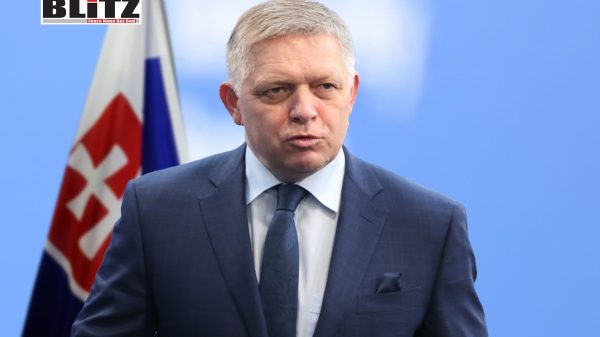


Leave a Reply